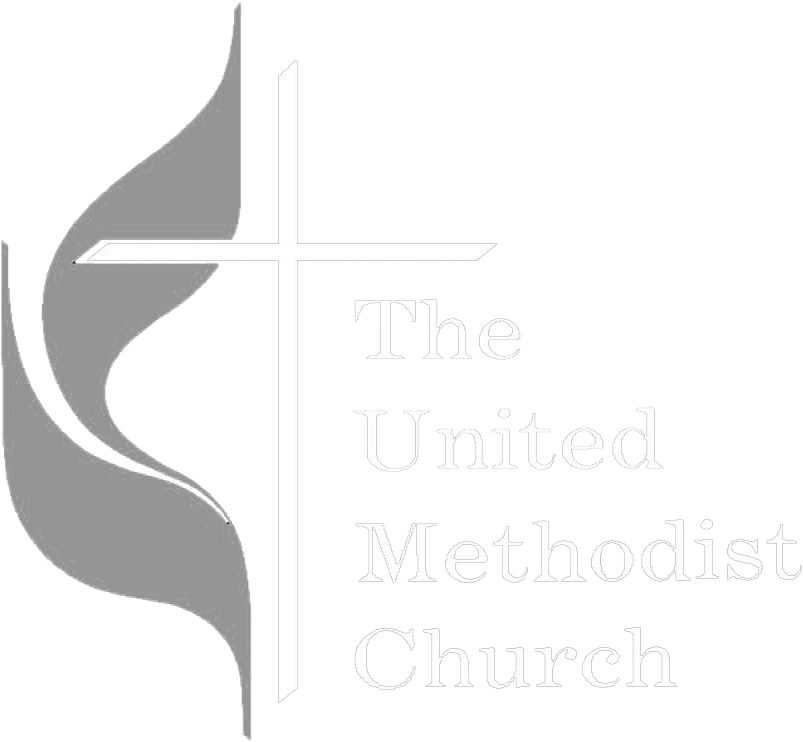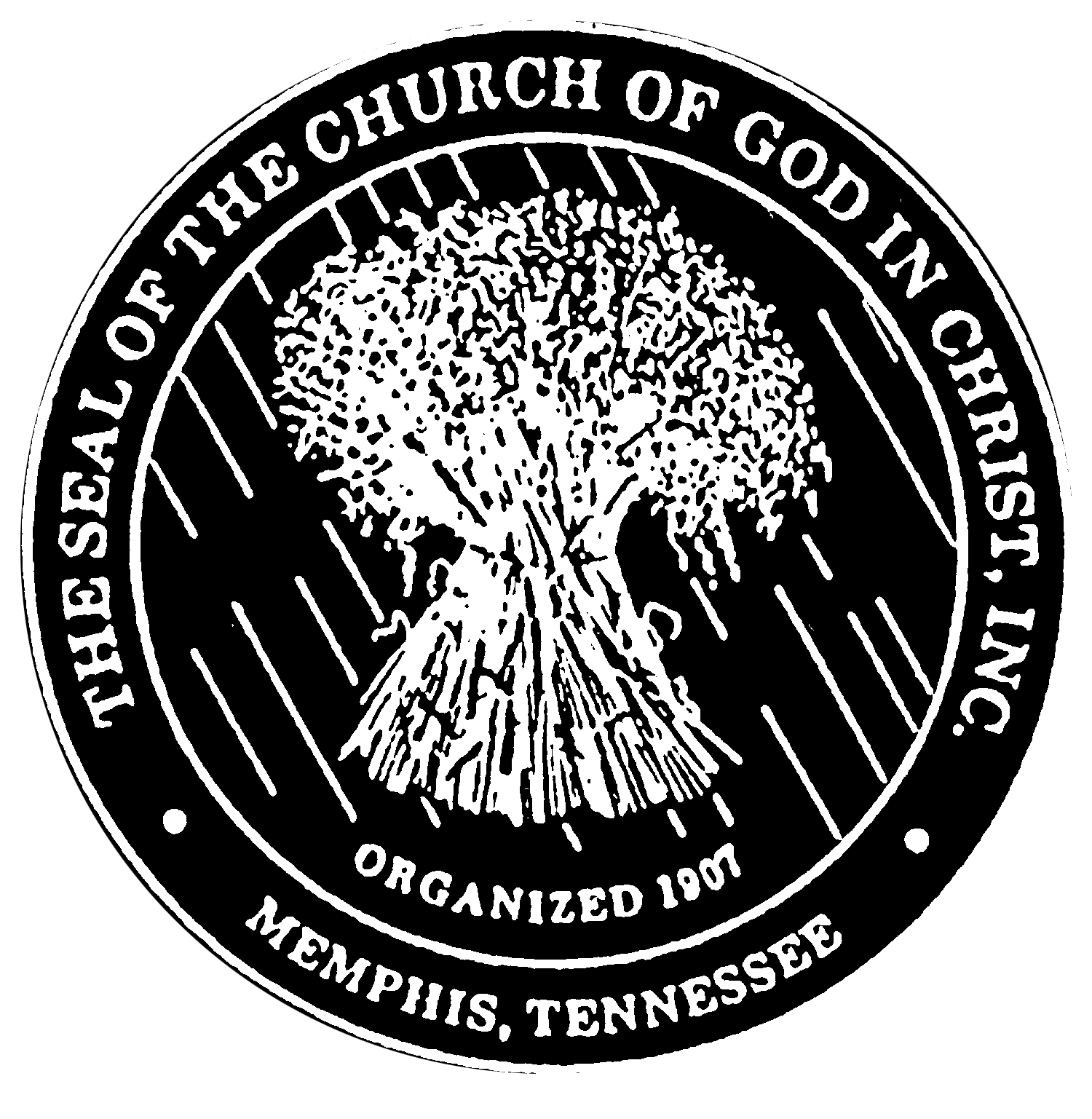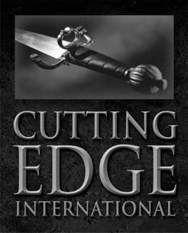The Qualities of Pentecostal Boldness: Acts Series #7

 We need an epidemic of Pentecostal boldness. We read in Acts 4, verse 13: “Now when they saw the boldness of Peter and John, and perceived that they were unlearned and ignorant men, they marveled; and they took knowledge of them, that they had been with Jesus” (Acts 4:13). If you’re one of those who wish that you had more courage to testify and witness for Jesus, then my prayer is that you will learn the lessons necessary and begin to live by them. I am convinced that millions of Christians want to share their faith, and want to tell others about our Savior, but have been intimidated, and have become cowardly Christians. Think about it: If 100 million Christians throughout the world simply one per year, one billion-plus would be saved in ten years.
We need an epidemic of Pentecostal boldness. We read in Acts 4, verse 13: “Now when they saw the boldness of Peter and John, and perceived that they were unlearned and ignorant men, they marveled; and they took knowledge of them, that they had been with Jesus” (Acts 4:13). If you’re one of those who wish that you had more courage to testify and witness for Jesus, then my prayer is that you will learn the lessons necessary and begin to live by them. I am convinced that millions of Christians want to share their faith, and want to tell others about our Savior, but have been intimidated, and have become cowardly Christians. Think about it: If 100 million Christians throughout the world simply one per year, one billion-plus would be saved in ten years.
What made Peter and John so bold? We need to get the historic context of what was taking place. We need to read, Acts 4:1-4: “And as they spoke unto the people, the priests, and the captain of the temple, and the Sadducees, came upon them, being grieved that they taught the people, and preached through Jesus the resurrection from the dead. And they laid hands on them and put them in custody unto the next day for it was now eventide. But many of them who heard the word believed; and the number of the men was about five thousand.”
We Should Expect Sufferings
If we are going to be a bold witness for Jesus Christ, then we can expect persecution. They were persecuted, and so will you be if you are bold for Jesus Christ. The servant is not greater than his or her master. It is obvious to see why they were persecuted. The persecution was not against them; it was against Jesus. We need to remember that the book of Acts is not what the apostles were doing; the book of Acts is what Jesus Christ was doing in and through the apostles.
 In the previous chapter, we learn about the lame man—at the Beautiful Gate of the temple, and how this man was miraculously, supernaturally, instantaneously, dramatically, and radically healed by Jesus. In Acts 3:12 we read, “And when Peter saw it, he answered the people, Ye men of Israel, why marvel ye at this? Or why look ye so earnestly on us, as though by our own power or holiness we made this man walk?”
In the previous chapter, we learn about the lame man—at the Beautiful Gate of the temple, and how this man was miraculously, supernaturally, instantaneously, dramatically, and radically healed by Jesus. In Acts 3:12 we read, “And when Peter saw it, he answered the people, Ye men of Israel, why marvel ye at this? Or why look ye so earnestly on us, as though by our own power or holiness we made this man walk?”
Peter was saying, “Hey, don’t give us credit for this.” Then read in Acts 4:10: “Be it known unto you all, and to all the people of Israel, that by the name of Jesus Christ of Nazareth, whom ye crucified”—now watch—“whom God raised from the dead, even by him doth this man stand here before you well.” It was Jesus Christ who had healed this man.
The Sadducees did not believe in the resurrection. However, rather than examine their doctrine, they opposed the truth. These men were the chief priests—they were the ones who held sway in the temple. People were leaving them and going after the Lord Jesus Christ. Yet, when they persecuted Peter and John, they weren’t really persecuting Peter and John; they were persecuting Jesus. I want you to understand this, if you are in Christ and Christ is in you—if the resurrected Christ dwells in you—the same world that hated Jesus will hate you, and the devil will aim all of the artillery of hell at you. It is just evidence that you love the Lord Jesus, and you can expect persecution. In this world, we are going to be persecuted, and Jesus said we’re to rejoice and to be exceedingly glad.
In the ninth chapter of Acts, where Jesus came to Saul on the Road to Damascus, he says to him, “Saul, Saul, why persecutest thou me?” (Acts 9:4). Please remember this is after Jesus had been crucified. He appears to Saul and says, “Saul, why are you persecuting me?” You can’t persecute a dead man—only a living man. Now, the point is this: if you know the Lord Jesus, and you stand for the Lord Jesus, then you’re going to find yourself going against the tide, and you’re going to find yourself persecuted. You stand near the general, you’re going to expect the hottest artillery.
We Will Enlist Salvations
 In Acts 4:4-12 we read: “But many of them who heard the word believed, and the number of the men was about five thousand. And it came to pass, on the next day, that their rulers, and elders, and scribes, and Annas, the high priest, and Caiaphas, and John, and Alexander, and as many as were of the kindred of the high priest, were gathered together at Jerusalem. And when they had set them in the midst, they asked, By what power, or by what name, have ye done this? Then Peter, filled with the Holy Spirit, said unto them, Ye rulers of the people, and elders of Israel, if we this day be examined of the good deed done to the impotent man, by what means he is made well; be it known unto you all, and to all the people of Israel, that by the name of Jesus Christ of Nazareth, whom ye crucified, whom God raised from the dead, even by him doth this man stand here before you well. This is the stone which was set at naught of you builders, which is become the head of the corner. Neither is their salvation in any other; for there is no other name under heaven given among men, whereby we must be saved.”
In Acts 4:4-12 we read: “But many of them who heard the word believed, and the number of the men was about five thousand. And it came to pass, on the next day, that their rulers, and elders, and scribes, and Annas, the high priest, and Caiaphas, and John, and Alexander, and as many as were of the kindred of the high priest, were gathered together at Jerusalem. And when they had set them in the midst, they asked, By what power, or by what name, have ye done this? Then Peter, filled with the Holy Spirit, said unto them, Ye rulers of the people, and elders of Israel, if we this day be examined of the good deed done to the impotent man, by what means he is made well; be it known unto you all, and to all the people of Israel, that by the name of Jesus Christ of Nazareth, whom ye crucified, whom God raised from the dead, even by him doth this man stand here before you well. This is the stone which was set at naught of you builders, which is become the head of the corner. Neither is their salvation in any other; for there is no other name under heaven given among men, whereby we must be saved.”
They are persecuted, yes, but they are powerful. The Church persecuted is always the Church powerful. The Sadducees come to these people; they put them in jail; they intimidate them; they speak against them. Yet, also, I want you to notice in verse 4, that 5,000 men are saved in one service, with a total estimated number of salvations as 20,000 people in one service.
What convicted and convinced all of those people? Do you think that Peter just preached a good sermon and that’s what did it? No. There’s no one that has that power of persuasion. What convinced the people? I’ll tell you what convinced the people: not facts about a dead Christ, but an encounter with a living Christ. They met Jesus again. They had seen Jesus. Arguments did not convince them. We will never argue a person into the Kingdom of Heaven. When we go out to witness, if it turns into an argument—stop! No one is ever argued into heaven. We can be witnesses, but we’re not called to be lawyers. Oh, we can defend the faith, and we can give a rationale, but when it becomes an argument, then just stop, because if you lose the argument, then he/she will win the point; if you win the argument, you lose the person. Nobody is ever argued in the Kingdom of Heaven. These people in the Book of Acts were not argued into the Kingdom of Heaven. They had met Jesus in the person of the apostles. They had seen Jesus. They’d seen Him work.
 After the resurrection of Jesus, Thomas was a doubter, and the other disciples—the other ten—tried to convince Thomas that Jesus Christ was alive. However, after having seen Jesus, they could not convince Thomas that Jesus was alive. But, when Thomas saw Jesus, he didn’t need an argument. He had had an encounter with Jesus Himself, and he fell at His feet and said of Jesus, “My Lord and my God” (John 20:28). If ten of Thomas’ friends could not convince Thomas that Jesus was alive, then I’ll never convince you that Jesus is alive by an argument. When the Holy Spirit of God filled these apostles, then they were not just simply arguing that a dead Christ existed some time ago, or even that a living Christ had risen from the dead—they were demonstrating, with Christ in their hearts, that He was alive.
After the resurrection of Jesus, Thomas was a doubter, and the other disciples—the other ten—tried to convince Thomas that Jesus Christ was alive. However, after having seen Jesus, they could not convince Thomas that Jesus was alive. But, when Thomas saw Jesus, he didn’t need an argument. He had had an encounter with Jesus Himself, and he fell at His feet and said of Jesus, “My Lord and my God” (John 20:28). If ten of Thomas’ friends could not convince Thomas that Jesus was alive, then I’ll never convince you that Jesus is alive by an argument. When the Holy Spirit of God filled these apostles, then they were not just simply arguing that a dead Christ existed some time ago, or even that a living Christ had risen from the dead—they were demonstrating, with Christ in their hearts, that He was alive.
In verse 11, where Peter ends this passage by saying, “This is the stone which was set at naught by you builders, which is become the head of the corner.”
There is an ancient Jewish tradition that says that when Solomon’s Temple was built—that all of the stones were cut out of the quarry, so that when the temple was constructed there would not be the sound of a hammer on the temple site. All the stones were precut to be assembled there on the temple site. They were hauled there, to the temple site, and were put in the construction yard. They were stacked and numbered by the architect, so that they could send for each particular stone.
Yet, there was one stone sitting right out in the middle of the construction yard—quite unusually looking and a large stone—and it was sitting there, and nobody seemed to know what it was for. The workmen had to keep walking around it, and some of them would stumble over it. It was just in the way of the construction. Finally, somebody said, “That stone is a worthless stone and a useless stone. Get rid of it.”
 So, they took their crowbars, and they began to tumble that stone and to roll it off of the temple mount, and it rolled down into the Kidron Valley, there to the East of the temple mount. Then the weeds and the bushes grew up over it, and it had disappeared. Then, when they came to put the cornerstone in—the stone that would unite the whole building, hold it together, and give it strength and beauty—they sent to the quarry and said, “We’re needing the cornerstone. Send the cornerstone.” They said, “We’ve already, sent the cornerstone.” In response, they said, “No, you haven’t sent the cornerstone. We have done an inventory. We don’t have the cornerstone. Send us the cornerstone.” They sent back and said, “We’ve already sent the cornerstone. You’d better check again.” And, then of course, you know what they discovered: that the stone that they had rejected—the stone that they had rolled off down the mountainside—they had to go get and retrieve, because that stone that the builders rejected had become the head of the corner.
So, they took their crowbars, and they began to tumble that stone and to roll it off of the temple mount, and it rolled down into the Kidron Valley, there to the East of the temple mount. Then the weeds and the bushes grew up over it, and it had disappeared. Then, when they came to put the cornerstone in—the stone that would unite the whole building, hold it together, and give it strength and beauty—they sent to the quarry and said, “We’re needing the cornerstone. Send the cornerstone.” They said, “We’ve already, sent the cornerstone.” In response, they said, “No, you haven’t sent the cornerstone. We have done an inventory. We don’t have the cornerstone. Send us the cornerstone.” They sent back and said, “We’ve already sent the cornerstone. You’d better check again.” And, then of course, you know what they discovered: that the stone that they had rejected—the stone that they had rolled off down the mountainside—they had to go get and retrieve, because that stone that the builders rejected had become the head of the corner.
This is the illustration that Peter is using to tell them, “Listen, Jesus is the chief cornerstone, and you have rejected him, but He is the head of the corner, and neither is there salvation in any other.”
If there’s one message that the Church needs to preach today, it is that Jesus is the only way of salvation. Now, if that’s bigoted—if that’s narrow-minded—then I can’t help it. If I cannot preach that Jesus Christ is the only way to Heaven, then I’m not going to preach at all, because if Jesus Christ is not the only way to Heaven, then Jesus Christ is none of the ways to Heaven. If Jesus Christ is not the only way to Heaven, then the Apostle Peter is a liar. If Jesus Christ is not the only way to Heaven, then Jesus Christ Himself is a fake, a fraud, and an imposter, for He said, “I am the way, the truth, and the life; no man cometh unto the Father, but by me” (John 14:6). Peter said, “Neither is there salvation in any other: for there’s none other name under heaven given among men, whereby we must be saved” (Acts 4:12). We don’t have to depend upon my powers of persuasion.
Let’s thank God that Jesus Christ is alive. He’s the only who builds the Church, and what we need to do is to recognize the power of the living Christ. There may be persecution because He still lives, and He, in us, is going to be persecuted, but there’s going to be persuasion through the power of Christ.
We Will Experience The Savior
 We read in Acts 4:13-14: “Now when they saw the boldness of Peter and John, and perceived that they were unlearned and ignorant men, they marveled and took knowledge of them, that they had been with Jesus”—that is, Christ is their contemporary—“And, beholding the man who was healed standing with them, they could say nothing against it.” These men were bold. Why were they bold? They were bold because they had been with Jesus. They had seen Christ alive, resurrected, and now Christ lives in them. All the forces of Hell could not intimidate them. They could not shut them up, and they could not hold them back. The apostles refused to let up, shut up, or back up, because they were filled up with the Spirit of God and the presence of Jesus. One of the curses of 21st century Christianity is the cowardliness and the silence of good people.
We read in Acts 4:13-14: “Now when they saw the boldness of Peter and John, and perceived that they were unlearned and ignorant men, they marveled and took knowledge of them, that they had been with Jesus”—that is, Christ is their contemporary—“And, beholding the man who was healed standing with them, they could say nothing against it.” These men were bold. Why were they bold? They were bold because they had been with Jesus. They had seen Christ alive, resurrected, and now Christ lives in them. All the forces of Hell could not intimidate them. They could not shut them up, and they could not hold them back. The apostles refused to let up, shut up, or back up, because they were filled up with the Spirit of God and the presence of Jesus. One of the curses of 21st century Christianity is the cowardliness and the silence of good people.
It is the strategy of the devil to keep good people silent in an evil time. In my humble, but I think accurate, opinion the curse of the 21st century is, again, the silent majority—those who never speak up. We need a contagious epidemic of Pentecostal boldness. What is this boldness—when they saw the boldness of Peter and John—what is this boldness that they had? What was it that set those people on their ears so long ago and made them marvel?
Let me tell you what holy boldness is not: Pentecostal boldness is not human courage. Now, there are some people who have an extraordinary amount of courage. That’s not Pentecostal boldness. It may be self-confidence.
If you say, “I’m just not wired that way. I’ve always been afraid,” then I want to remind you that so was Simon Peter—so much so that he trembled in front of a little girl before he had this boldness. Pentecostal boldness is not human courage—not innate courage. I want to say that Pentecostal boldness is not arrogance. I see some people today, who, what they call boldness, I call brash.
They say, “Well, I just speak my mind. I’m bold for Jesus.” I believe they are arrogant people, and they’re going around telling people off. They witness in such a way in airports, bus stops, malls and so forth, that is an embarrassment to the work of Christ. Jesus was winsome. He was bold, but He wasn’t arrogant.
 What is boldness? It’s not human courage. It’s not arrogance. It’s not a presumption. I see some people who call themselves bold, and in order to show how much faith they have, they handle rattlesnakes. It may be bold for a little while, but you won’t be old long. That’s presumption. They are tempting God. The Bible says, “Thou shalt not tempt the Lord thy God” (Matthew 4:7).
What is boldness? It’s not human courage. It’s not arrogance. It’s not a presumption. I see some people who call themselves bold, and in order to show how much faith they have, they handle rattlesnakes. It may be bold for a little while, but you won’t be old long. That’s presumption. They are tempting God. The Bible says, “Thou shalt not tempt the Lord thy God” (Matthew 4:7).
Boldness is saying, “Lord Jesus, If You are for me, then who can be against me? Lord Jesus, if You want to use me, then use me Lord. And, I trust You to take care of me. And, Lord, if You choose—if You choose to let me be put in jail—then I’ll rejoice that I’m counted worthy to suffer shame for Your name. If you choose, Lord Jesus, that I suffer bodily harm, then Lord, nothing will come to me that will not come through You first. And Lord, You are my Commander-in-Chief, and Lord, I submit myself to you, and I will speak at Your command.” “When they saw the boldness of Peter and John…they marveled; and they took knowledge of them, that they had been with Jesus” (Acts 4:13).
The early apostles had an UI Degree (Unlearned And Ignorant). I have come to learn that you can have more degrees behind your name than a thermometer; but it does not mean you have been filled with the person and power of the Holy Spirit. We don’t need more education; but more salvation; not more learning about the Lord, but more love for the Lord.
Notice, beginning in Acts 4:15: “But when they had commanded them to go aside out of the council, they conferred among themselves, saying, What shall we do to these men? For that indeed a notable miracle hath been done by them is manifest to all those who dwell in Jerusalem; and we cannot deny it. But that it spread no further among the people, let us threaten them, that they speak henceforth to no man in this name. And they called them, and commanded them not to speak at all nor teach in the name of Jesus. But Peter and John answered and said unto them, Whether it is right in the sight of God to hearken unto you more than unto God, judge ye. For we cannot but speak the things which we have seen and heard” (Acts 4:15-20).
You cannot be convinced that Jesus Christ came out of that grave, and that He’s the only hope of a sin-cursed world, and be silent. You cannot! You might as well tell the sun to cease to shine than tell a Christian, who has had an encounter with the living Christ and has that Christ alive in him, to shut up and be still. All Hell could not stop these men from speaking. They said, “We cannot but speak the things which we have seen and heard.”
 Remember that Jesus said, “Ye shall be witnesses unto me” (Acts 1:8). What is a witness? A witness is someone who tells what he’s seen and heard. The reason that some people do not witness is that they’ve not seen or heard anything. What was evangelism in the New Testament? Evangelism, in the New Testament, was not an eight-day meeting where they brought in an outside speaker. Evangelism was not some sort of a religious show. It was the daily business of these early Christians.
Remember that Jesus said, “Ye shall be witnesses unto me” (Acts 1:8). What is a witness? A witness is someone who tells what he’s seen and heard. The reason that some people do not witness is that they’ve not seen or heard anything. What was evangelism in the New Testament? Evangelism, in the New Testament, was not an eight-day meeting where they brought in an outside speaker. Evangelism was not some sort of a religious show. It was the daily business of these early Christians.
They were all at it, and they were always at it. I want to challenge you to say, “Lord Jesus, You are alive and well, and You live in me. If I suffer persecution, it’ll only be a sign that You’re in me. I’ll not be ashamed of You, Lord Jesus, no matter what happens. Lord Jesus, I’m not going to try to persuade anybody. I’m going to let You, in me, persuade them. And, Lord Jesus, I’m going to keep such company with You that I’ll not be intimidated by any person. And, Lord Jesus, I’ll not let them shut my mouth. I will not keep silent. I will not! Lord Jesus, speak Thou through me.”



























